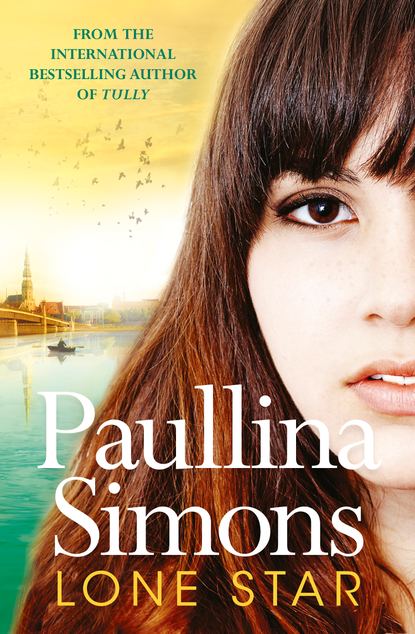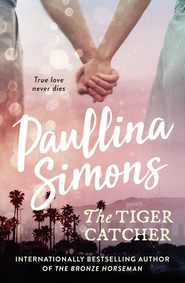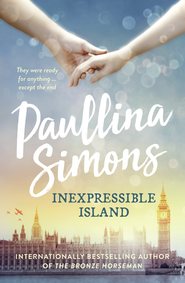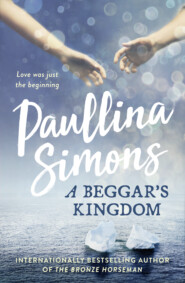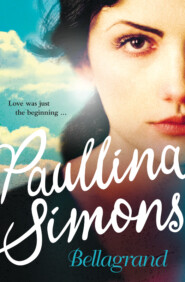По всем вопросам обращайтесь на: info@litportal.ru
(©) 2003-2024.
✖
Lone Star
Автор
Год написания книги
2019
Настройки чтения
Размер шрифта
Высота строк
Поля
“Can you tell the difference between a healthy man and a sick one? They’re like two different species.”
To this, Blake bowed his head without reply. He knew the difference well. His own father had been a Hercules before the disaster that almost claimed him, and now was a husk.
“Maybe I can help you fix it,” Blake said to Lupe. “I’ll go to the quarry, pick up some stones.”
The woman shook her head. “Why don’t you come by after school next Thursday? I have a doctor’s appointment and no way to get to it. Usually I call for a taxi. Maybe you can drive me. I’ll pay you for your time, and then we can go to the quarry together. Pick out the stones. I’ll pay for them too.”
“You’re going to go to the quarry?”
“I’m ninety-two,” she said. “I’m not dead.”
On the way home Blake rained on Chloe with questions that at first sounded like research but perhaps weren’t. How long had she been visiting Lupe? When did the husband die? Why did she go to these twelve homes and not others? Why did she stay for five minutes in one home, but forty minutes with Lupe? What happened if she saw something suspicious? What if the people behaved erratically? What if they hurt her?
He had been slightly concerned about Mr. Gibson, a blind man with long scraggly gray hair who had grabbed Chloe’s hand and wouldn’t let go, not letting her leave or feed him. Blake gently, but not too gently, pried Mr. Gibson’s dinosaur fingers off Chloe’s white wrist.
“He’s fine,” Chloe said. “He’s just lonely. Like Lupe.”
Blake was off again about Chloe and her pants vanishing.
“Give it a rest, Blake. I’m not your project, I’m not your story.”
“But if you disappeared,” he went on, speeding invincible in her father’s siren-less off-duty truck, “that would be quite a story, wouldn’t it?”
“No! It’s only a story if there’s a reason why I disappeared.” She paused. “Also what does my disappearance have to do with your blue suitcase?”
“Maybe everything,” he said.
“You leave me out of your lunacy, Blake Haul.”
“It’s fiction,” Blake said. “In fiction, you can have everything to do with my lunacy. Isn’t that what you told me? I can use my imagination and have it all turn out exactly how I need, how I want.” Fiendishly he rubbed his hands together while driving with his knees. His expression was for once both serious and remote, as if he was thinking about something else entirely.
Covering her face, Chloe groaned.
It was a good afternoon.
11 (#ulink_44fec7e7-0e56-5d6c-a720-40cae5e35385)
Moody (#ulink_44fec7e7-0e56-5d6c-a720-40cae5e35385)
SHE RAISED HER GAZE FROM THE TRASHY GOSSIP MAGAZINE, from sordid uncouplings and inappropriate attire of beautiful strangers, and focused the red dot of her anxious brain on her mother. Rather, focused on her mother’s back, while her mother’s studious front was forming tiny spicy Mediterranean meatballs with feta and fennel.
“So why’s she coming?”
“You shall see.”
“Why can’t you tell me?”
The eminently sensible Lang pointed out that if she told Chloe, then Moody wouldn’t need to come over.
The eminently sensible Chloe opened her hands to say, exactly! But it was done to her mother’s oblivious back. “I’m making meatballs,” Lang said. “Do you want to help me?”
“If I help you, will you tell me?”
“You will help me,” said Lang, “and I won’t tell you a thing.”
“It’s about Barcelona, right? She’s got some plan?”
“It’s about a man with a horse. Come here and help your mother.”
Their house had once been Moody’s summer retreat. Lochlan Devine built it with his own hands for his young bride back in the fifties so she could have a home by the lake as she had dreamed. Twenty years later Moody gave it to Jimmy and Lang as a wedding present.
“Why would she suddenly be visiting us again?”
“She says it’s been too long.”
“Tell me why so I can prepare myself.”
“Prepare yourself for what?”
Chloe wanted to provoke her mother. “She told me last Thanksgiving that she doesn’t come to us anymore because she’s mad we still blame Uncle Kenny for everything.”
“Well, that’s just silly,” said Lang, looking at no one.
Her father spoke his first sentence of the afternoon. “We do blame my brother for everything,” Jimmy said.
“Jimmy, shh.” Lang turned to Chloe. “Stop stirring the pot, young lady. Your grandmother wants to help, that’s all.”
“Help who?”
“Did we ask for her help?” Jimmy said.
“Yes, Jimmy, we did,” Lang said, one hand on her husband’s shoulder, one hand straightening out the errant lamp shade behind him. She had been feverishly cleaning as if preparing for an open house viewing.
“You did,” Jimmy said. “Not me. Chloe is right. My mother shouldn’t come if she’s still angry.”
Lang leaned her tranquil solemn face into a sitting and grim Jimmy. “She is putting away the bygones and coming for your daughter.”
Jimmy sat coldly. “They’re not bygones,” he said.
“Come on. We agreed.”
“You agreed. I’m resigned to it. Big difference.”
She kissed his forehead. “You promised you would be civil, kind, polite.”
“No. I promised only that I’d be silent,” Jimmy said, standing up. “And you’re not letting me keep my promise, woman.” He went outside to do some yard work.
The next three hours crawled by in epic time, in Thackeray time, every day lasting a thousand tragic pages. Blake stopped by to cut down the rotting willow. Mason stopped by. Hannah stopped by. Then her friends left to go have fun in North Conway with other young people who didn’t have horror-movie grandmothers. Jimmy left to go pick up his mother and bring her back to their house.





